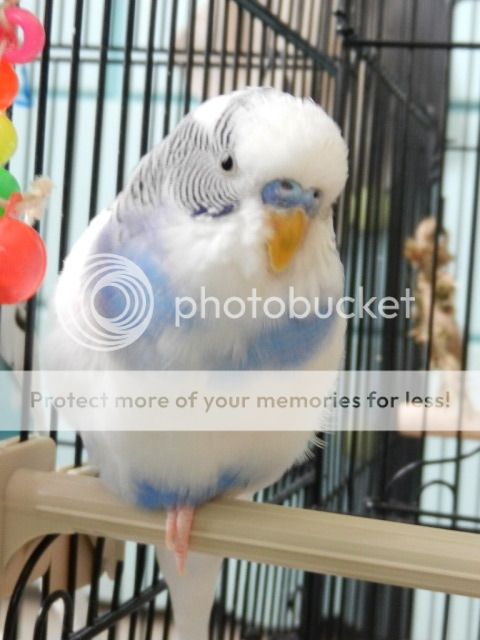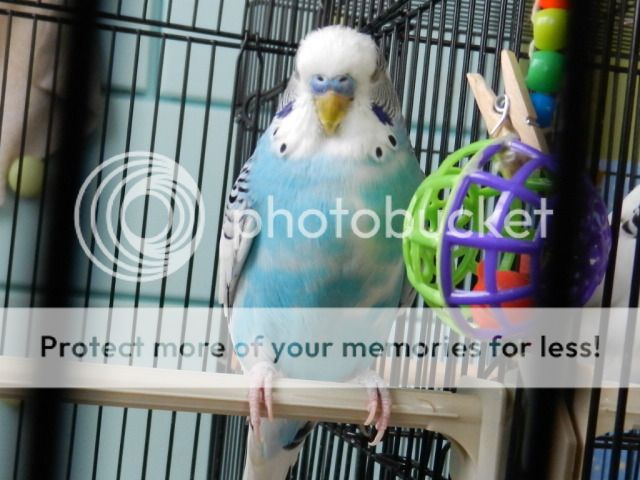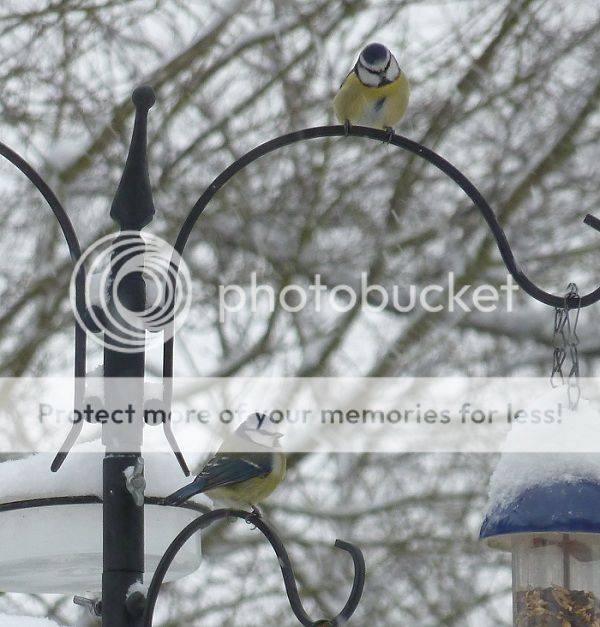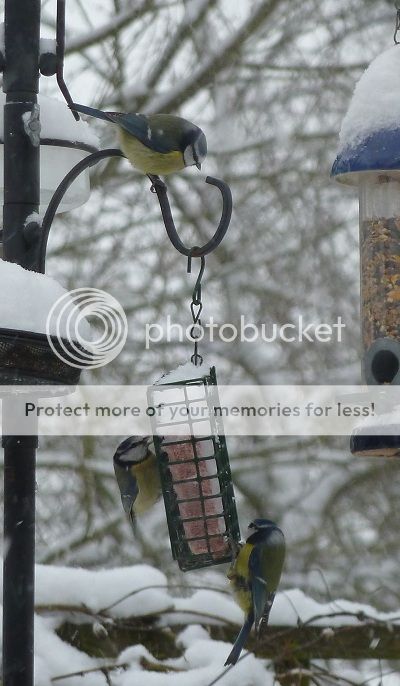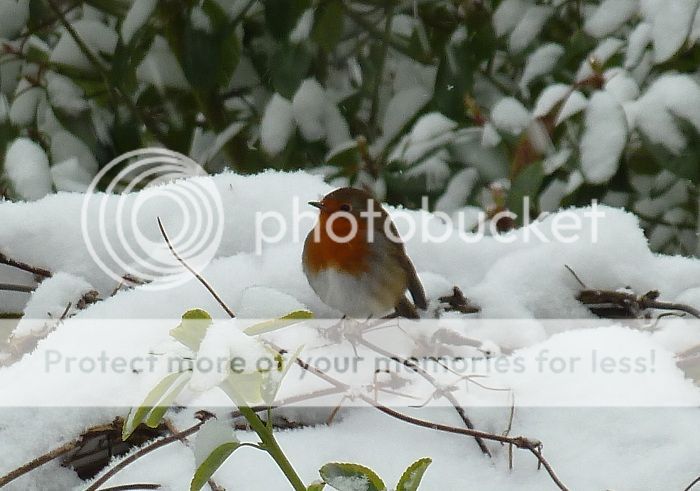The correct name for them is Spotted Turtle Dove (I just always knew them as turtle necked doves) Streptopelia chinensis, so it might be the same type that is taking over in the U.S.
When I first moved to the town I am in there where none of these doves, but thaey where in the nearby small city of Rockhampton, but in approx 8 years these doves have invaded and are now all over the town. I think part of their spread is down to the recent housing boom that has taken place. What was once horse paddocks with wildlife galore even kangaroos is now mass made houses on tiny allotments
. Most of the yards are so small, just planting one tree in a back corner you would end up shading three other yards
. I guess I am lucky where my house is not only do I have a decent sized yard, but also when I first moved in the first thing I put in the yard was the primary tree plantings so they could get established in readiness for my later garden projects of making basically a mini rainforest in my own backyard.
But sadly all my tree planting and creating semi wild habit has not stopped our only local native wren, the red backed wren from moving on further out of the reaches of town
. The red backed wrens used to always be in my backyard, but alas I have not seen them now in about 6 years
.
 .
. . Basically it goes that the more polution that is generated and trapped in water sources that feral pigeons will drink the more acidic their droppings become so their droppings actually "eat" through concrete, steel etc quicker. Sort of a a bird pay back for messing with the environment.
. Basically it goes that the more polution that is generated and trapped in water sources that feral pigeons will drink the more acidic their droppings become so their droppings actually "eat" through concrete, steel etc quicker. Sort of a a bird pay back for messing with the environment.



 /s1139.beta.photobucket.com/user/Baccus4702/media/VIDEO0058.mp4.html
/s1139.beta.photobucket.com/user/Baccus4702/media/VIDEO0058.mp4.html